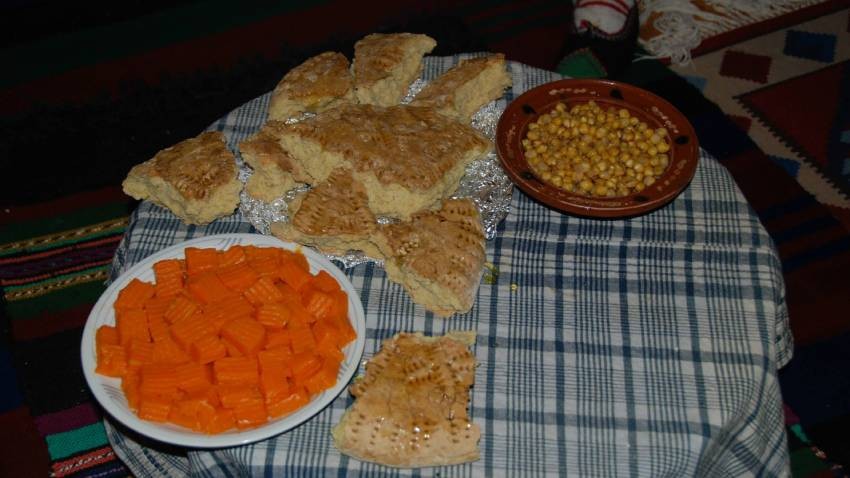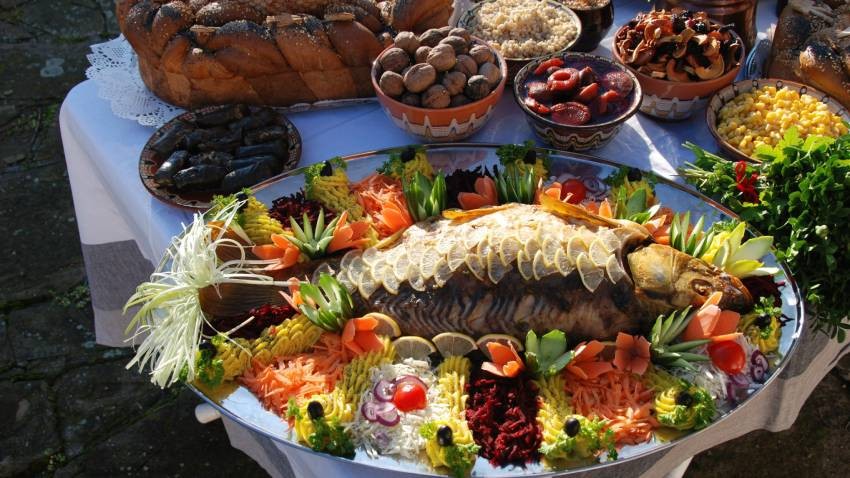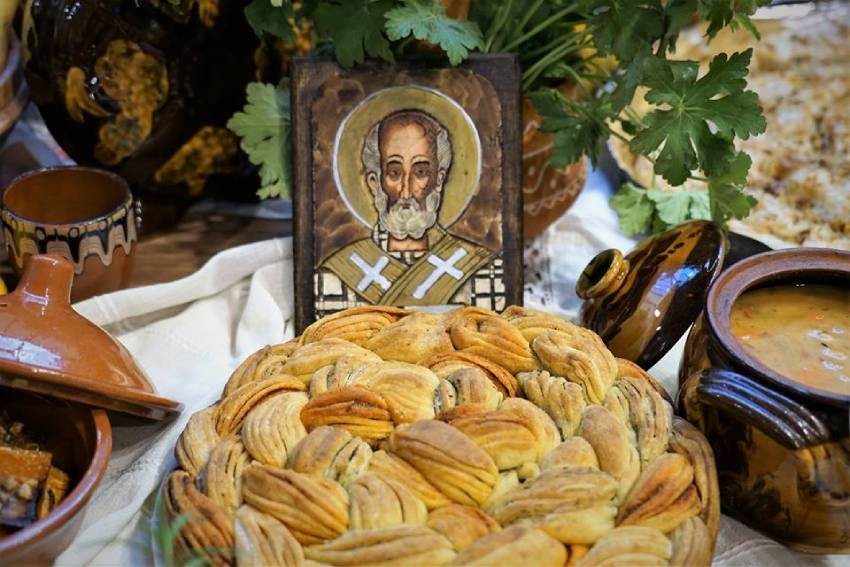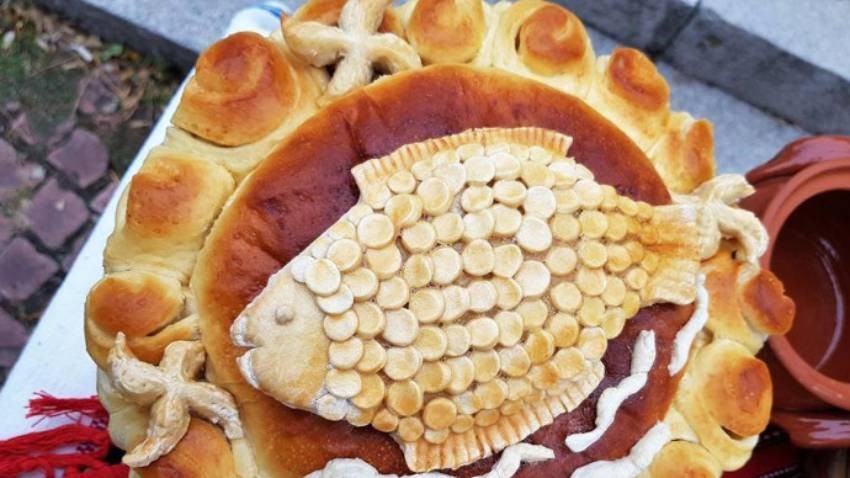December 4 is the church holiday of the Holy Great Martyr Barbara, celebrated by both Orthodoxy and Catholicism. Barbara was a girl from a noble family, beheaded for her Christian faith at the beginning of the 4th century. There is a belief that from Varvara to Ignatius the day "rises" like a needle's tip. It also "rises" from Ignacius to Vasil (from December 20 to January 1). On Varvara, day and night meet and become equal. The holiday is also called Varvaritsa, Varvarinden or Women's Christmas.
In traditional representations, Varvara is the patroness of children's diseases, and above all, smallpox, called by our people by taboo names: grandmother, aunt, sweet and honeyed. An evil, toothless and ugly grandmother - the image of the disease "paints" Varvara's portrait as well. In order to propitiate Baba Sharka (grandma Smallpox) and divert her from the children, the women prepared a ritual stew in which they put various wheat and bean seeds. They call it "varvara". Sweetened with honey, this stew is given to children, and also to neighbors and relatives. There is a belief that throughout the day the children should jump so that Varvara does not find them.




Products made of wool inspire the feeling of inner comfort and warmth in the visitors of the Plovdiv Regional Ethnographic Museum. The exhibition "Bulgarian felts - a message from antiquity" presents an ancient craft, which is..
The Hague, a city in the south of the Netherlands, the administrative centre and the place where the Queen lives and works... Hardly anyone associates this city with Bulgarian folklore and traditions. But the fact is that the interest in..
On June 28 and 29th, the city of Razlog, in the region of Blagoevgrad, will present the magic of Bulgarian folklore. In these days, the XIII Festival of traditional horo dance will be held on the central square "Preobrazhenie". The..

+359 2 9336 661
